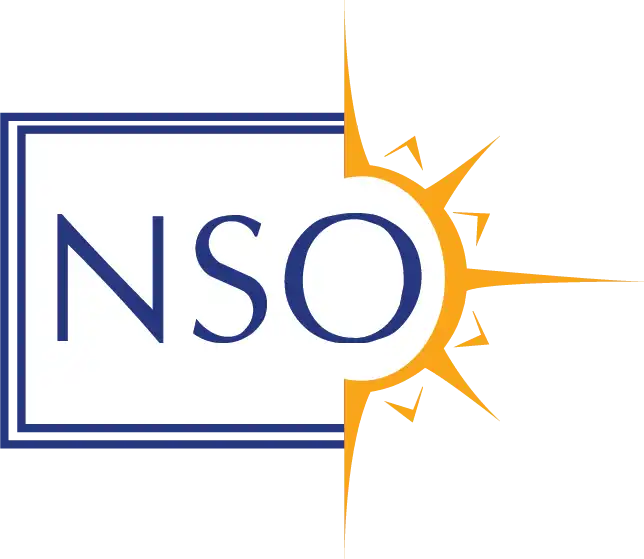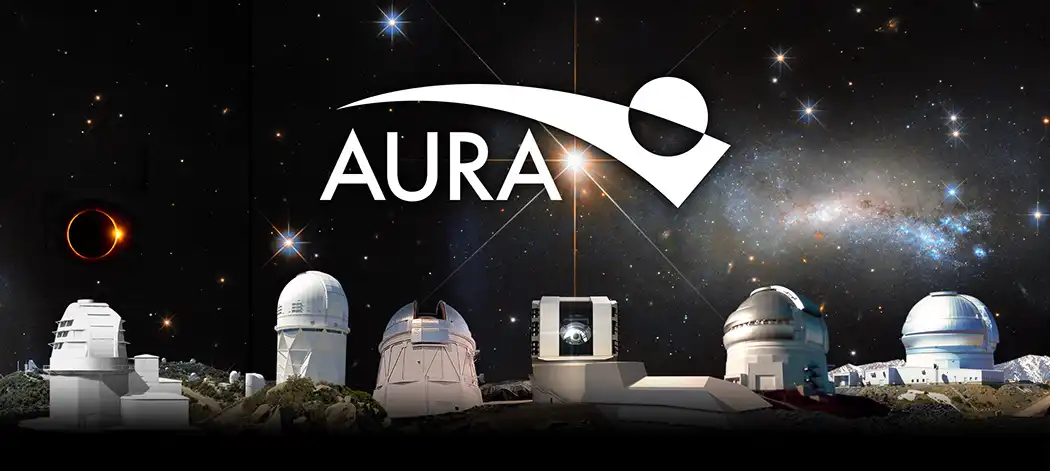Case commends Biden’s formal recognition of Hui Panalāʻau

US Rep. Ed Case (Hawai’i-First) today commended President Biden’s first-ever proclamation formally honoring the Hui Panalāʻau and renaming the Pacific Remote Islands National Marine Monument as the Pacific Islands Heritage Marine National Monument.
In his Jan. 2, 2025 Proclamation, President Biden formally recognized and extended the nation’s appreciation for the service of some 135 mainly Native Hawaiian men, many students or graduates of the then-Kamehameha Schools for Boys, who between 1935 to 1942 were sent by the US government to live and work on the remote uninhabited equatorial Pacific islands of Howland, Baker, Jarvis, Enderbury and Canton near the equator.

Although the men undertook various scientific and educational activities on the islands, the main purpose of the mission was to perfect US claims to the islands as World War II closed in on the Pacific. Of the group, several became ill and three died on the islands including in an attack by Japan the day after Pearl Harbor.
Three of these islands – Baker, Howland and Jarvis – along with other US remote Pacific possessions Johnston Atoll, Kingman Reef, Palmyra Atoll and Wake Atoll, and their surrounding US waters, are also part of what was previously known as the Pacific Remote Islands Marine National Monument. This federal protected area, established by President George W. Bush in 2009 and expanded by President Obama in 2014, encompasses some 490,000 square miles of island, coral reef, nearshore and open ocean habitat including seven National Wildlife Refuges, and is one of the largest and most intact air-land-marine integrated ecosystems in the world.
In his proclamation, President Biden renamed this monument the Pacific Islands Heritage Marine National Monument to recognize not just its environmental significance but its deep cultural heritage both recently through the Hui Panalāʻau but as an ancestral voyaging pathway and interrelationship for the Indigenous peoples of the Pacific. The renaming followed the recommendations of an eighteen month-long collaborative process between the federal government and Pacific Island communities, including as part of the recent June 2024 13 Festival of Pacific Arts and Culture (FestPAC) in Honolulu.
Case, who has served for six years now on the US House Committee on Natural Resources with jurisdiction over the nation’s protected areas and on that committee’s Subcommittee on Indian and Insular Affairs with jurisdiction over federal Indigenous peoples efforts, and who has advocated for the preservation and enhancement of the protected status of the Pacific Remote Islands, said:
ARTICLE CONTINUES BELOW AD“I am very grateful to President Biden for finally formally recognizing the very difficult assignment carried out by the Hui Panalāʻau in this all-but-forgotten key chapter of our nation’s Pacific history. That this mission was successful then and now is a great credit to their commitment and sacrifice.
ARTICLE CONTINUES BELOW ADARTICLE CONTINUES BELOW AD“I also commend the President for following our Pacific community’s recognition of the historic and cultural importance of the Pacific Remote Islands in our Pacific story. These precious islands are not just intact integrated ecosystems that must be preserved as key to our world’s environment. They are also part of the very fabric of our Pacific ‘ohana.”
A full list of the Hui Panalāʻau, including members Carl Kahalewai, Joseph Keli’ihananui and Richard Whaley who died on their mission, is as follows:
Ahia, Charles; Ahia, Henry; Akaka, Lewellyn; Akana, Albert; Akana, Bernard; Akana, George; Akana, Theodore; Anahu, William; Anakalea, Joseph; Au, Charles; Aune, Edward; Awana, Theodore; Beatty, Rupert; Bederman, Thos. W.; Bell, Kenneth; Blake, Hartwell; Boyd, Andrew; Braun, Charles; Braun, Clarence; Bruhn, James Ferdinand; Burke, Eugene; Burke, Walter; Bush, Harry; Calley, Chas. D., Jr.; Carroll, James; Chang, Herbert; Ching, Archie; Ching, Lawrence; Cockett, Frank; Cockett, Herbert; Collins, Austin; Cowden, Lawrence; Coyle, James W.; Duff, Leonard; Dyen, Samuel; Faufata, Folina; Feigenbaum, Ralph; Fialkowaski, Henry; Graf, Wyman; Haili, Jacob; Hall, Bernard H.; Harbottle, Isaac; Harris, Arthur; Hartwell, David Kawila; Henderson, Waldron; Hooper, Herbert; Hutchinson, William; Jacobson, Victor; Jensen, Hans P.; Jensen, Karl Emil; Kaahea, Henry; Kahalewai, Carl; Kahalewai, Samuel; Kahanu, George; Kahapea, Alexander; Kahapea, William; Kaina, Wm.; Kalama, David H.; Kalama, Samuel; Kalama, Solomon; Kamakaiwi, James C., Jr.; Kaninau, Charles; Kauahikaua, Archie; Kaulu, Albert Kelii; Keliihananui, Jos. K.; Kepoo, Joseph; Kilbey, John Gibson; Kim, Bak Sung; Kim, Harold; Kim, Joseph; Kim, Victor; King, Kenneth Lum; Kinney, James; Knell, Henry Crockett; Lawler, Vernon; Lee, Francis; Lee, Frederick; Lee, Henry Kong; Leong, Ah Kin; Lieson, Robert W.; Lum, Harold Chin; Lum, Kam; Lum, Paul Yat; Lum, Yau Fai; MacKellar, Ian; Mahikoa, Henry; Makua, Blue; Markham, Wm. S.; Mattson, Elvin K.; McCorriston, Edward M.; Medeiros, Henry; Newton, Edmond; Ohumukini, Henry; Opiopio, Killarney; Paoa, Melvin; Paquette, Maurice; Pea, Aki Kini Levi; Pea, Wm. Kane; Pease, James K.; Phillips, Manley Woodrow; Phillips, Paul Gordon; Piianai, Abraham; Pires, Manuel; Rahe, Bernard; Renken, Ernest Kalane; Riley, James Jos.; Roberts, John; Roberts, Oliver K.; Robinson, Alexander; Ruddle, Francis; Smith, Henry M.; Sproat, Manuel; Stein, Charles; Stillman, Francis; Stillman, Geo. C.L.; Suares, Louis; Summers, Carl; Surber, George; Tavares, William; Theiss, Harry; Toomey, Daniel; Toomey, John Kauwe; Toomey, William; Victor, Gabriel; Waiwaiole, Luther; West, George; Whaley, Richard; Wilhelm, Frederick; Williamson, Elmer; Wilson, Ralph; Wong, Alexander; Wood, Joshua; Yomes, William; Young, Edward; and Zagara, Dominic P.









